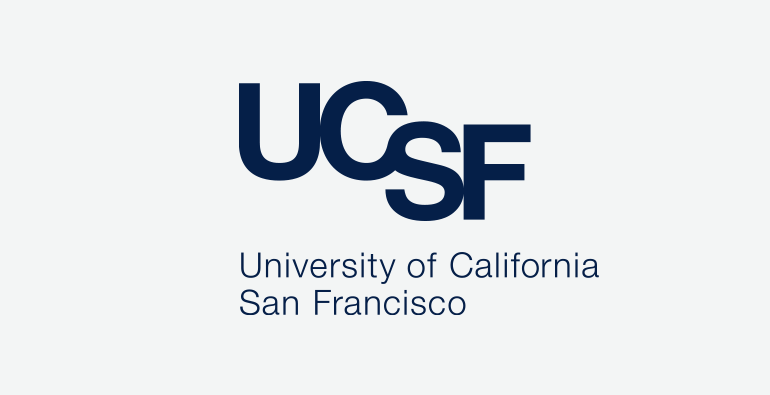Deprived of Sex, Jilted Flies Drink More Alcohol
University of California, San Francisco (UCSF)Now a group of scientists at the University of California, San Francisco (UCSF) has discovered that a tiny molecule in the fly’s brain called neuropeptide F governs this behavior—as the levels of the molecule change in their brains, the flies’ behavior changes as well.
